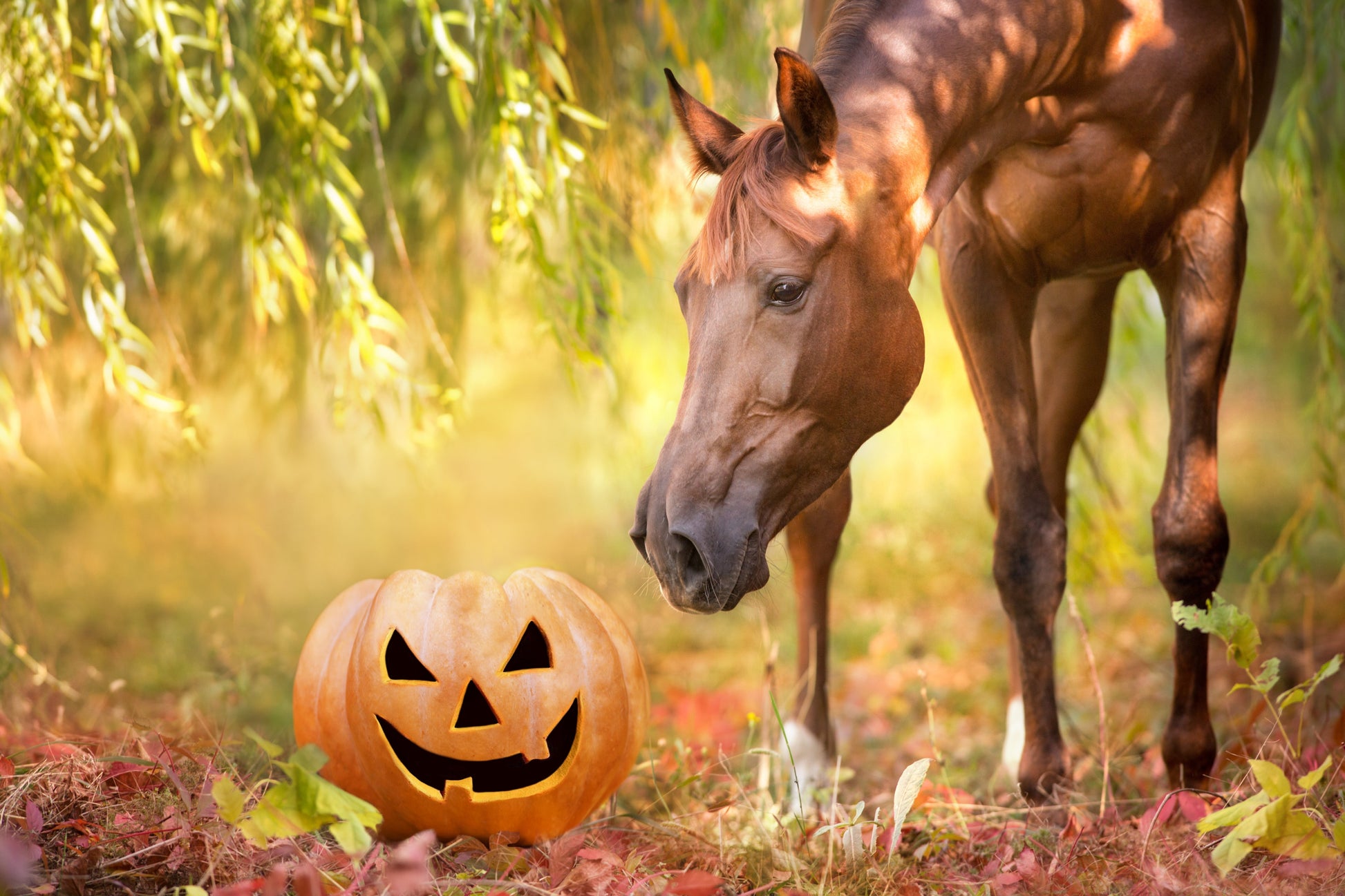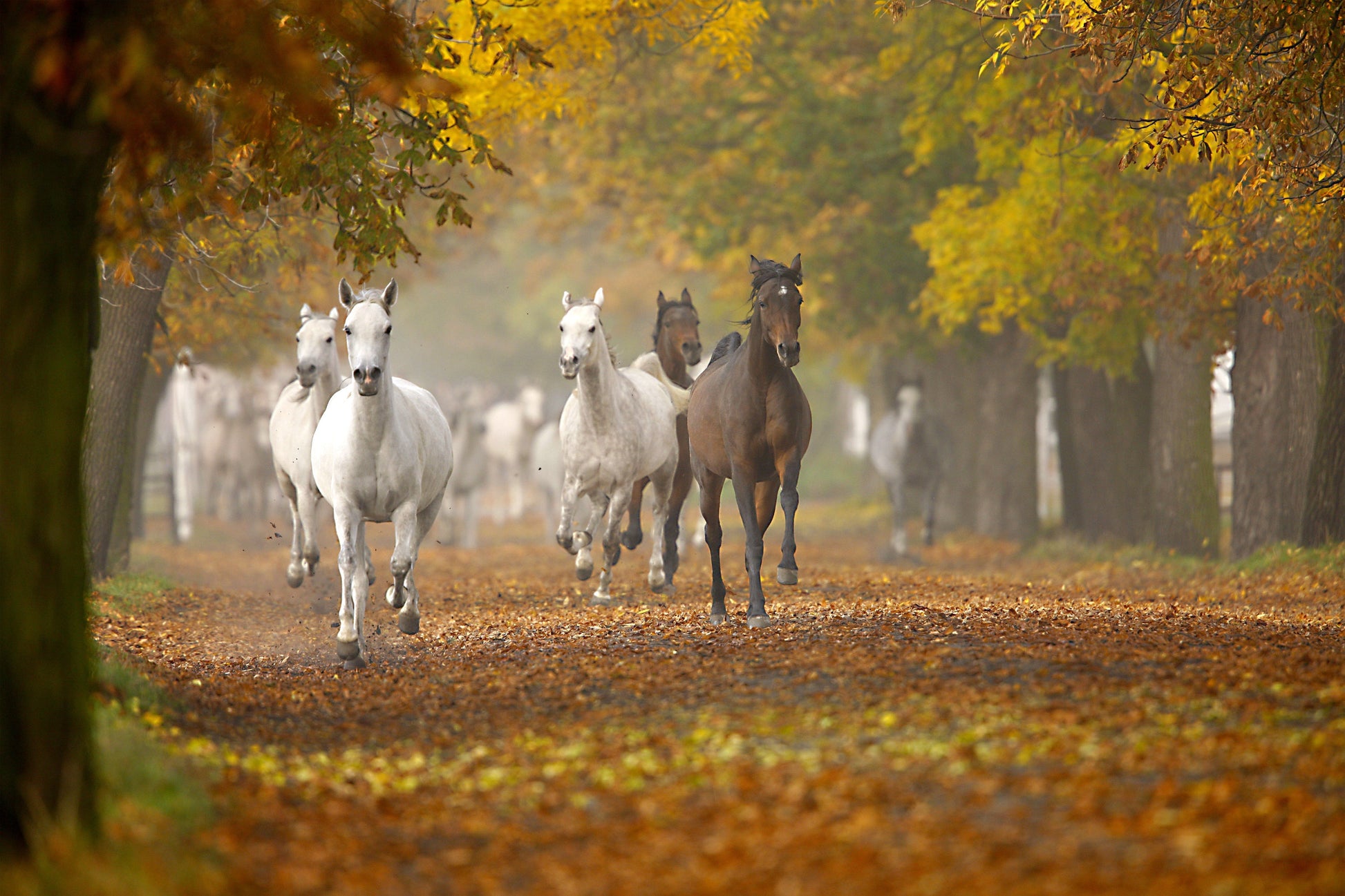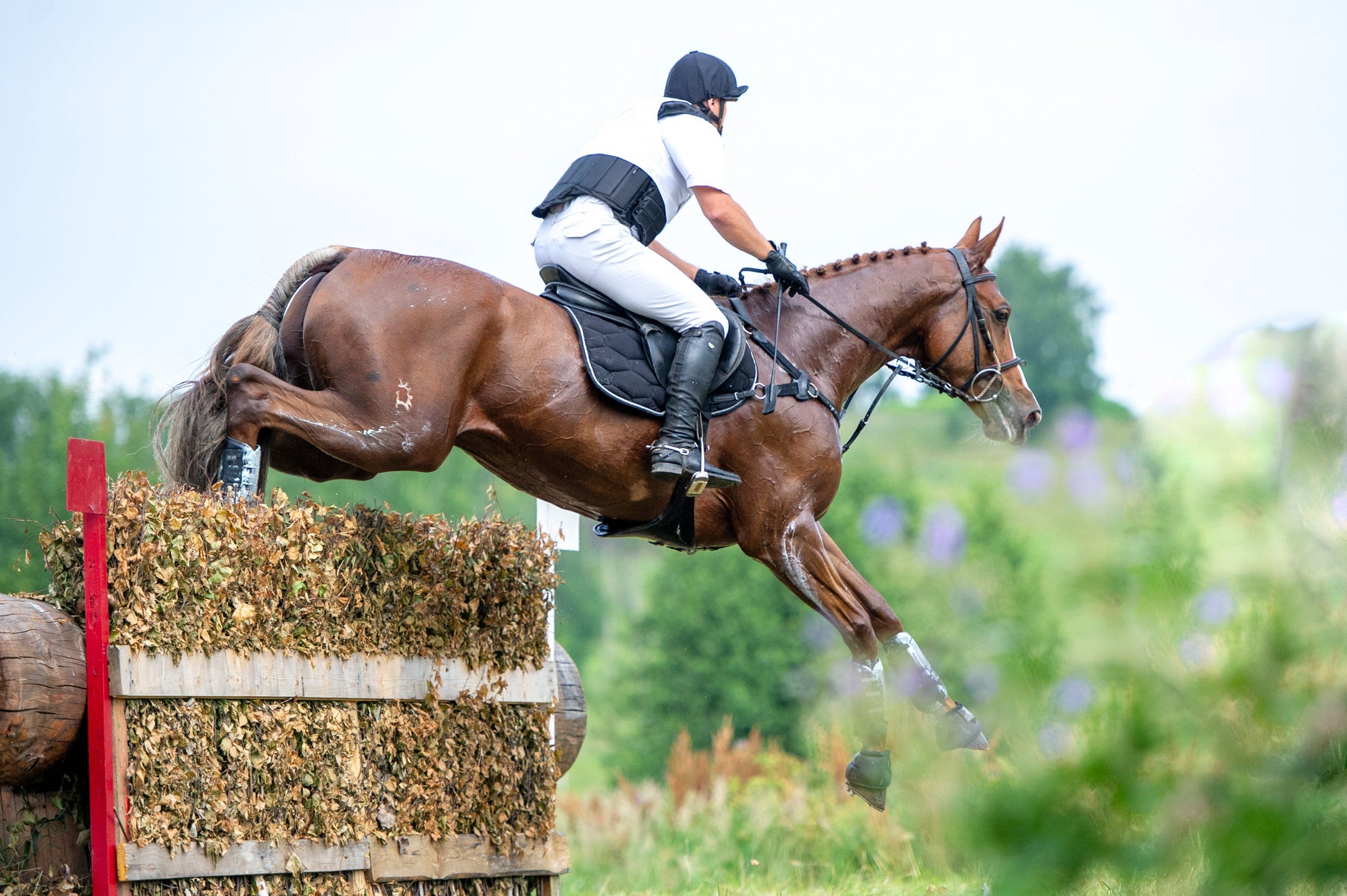From
Advice
Our range of supplements are developed in collaboration with leading equine nutritionists, scientists, and vets. Read their expert advice below.
Why Winter Nutrition Matters for Pregnant Broodmares
Plusvital is a specialist in equine nutrition, providing targeted supplements to support broodmares and foals through pregnancy, late gestation, and early lactation. Their range— including Breeding Syrup, Bone-Biome, and Carron Oil—ensures optimal intake of vitamins, minerals, amino acids, and gut-support nutrients for stronger foal development, better immunity, and improved mare health.
Supporting Joint and Respiratory Health in Horses During Winter
Winter can be a challenging time for horses, particularly when it comes to joint comfort and respiratory health. With the right management and nutritional support, however, owners can help their horses stay comfortable, healthy, and performing well throughout the colder months.
Supporting Your Horse Through Halloween: Calming Nutrition for a Stressful Season
As Halloween approaches, many horse owners know it’s not just the costumes and fireworks that come out at night, it’s also the unexpected stress and tension for horses. Preparing in advance with the right nutritional support can make a big difference to how well your horse copes. Two key products from the Plusvital Calming range, Tryptocool and Chillax, are designed to help manage stress, support focus, and promote calm behaviour naturally.
Autumn Hoof Care for Horses: best hoof supplements & breathable hoof barriers
Autumn brings rain, mud and rapid wet–dry cycles, making the hoof wall swell and shrink, which is exactly the type of conditions that stress hooves.
Support Your Horse During Competition Season
To maintain peak stamina and performance during competition season, horses require balanced nutrition, strategic training, and proper recovery. Many equestrians use targeted booster products to support energy, muscle function, and recovery by filling nutritional gaps and enhancing metabolic efficiency.





